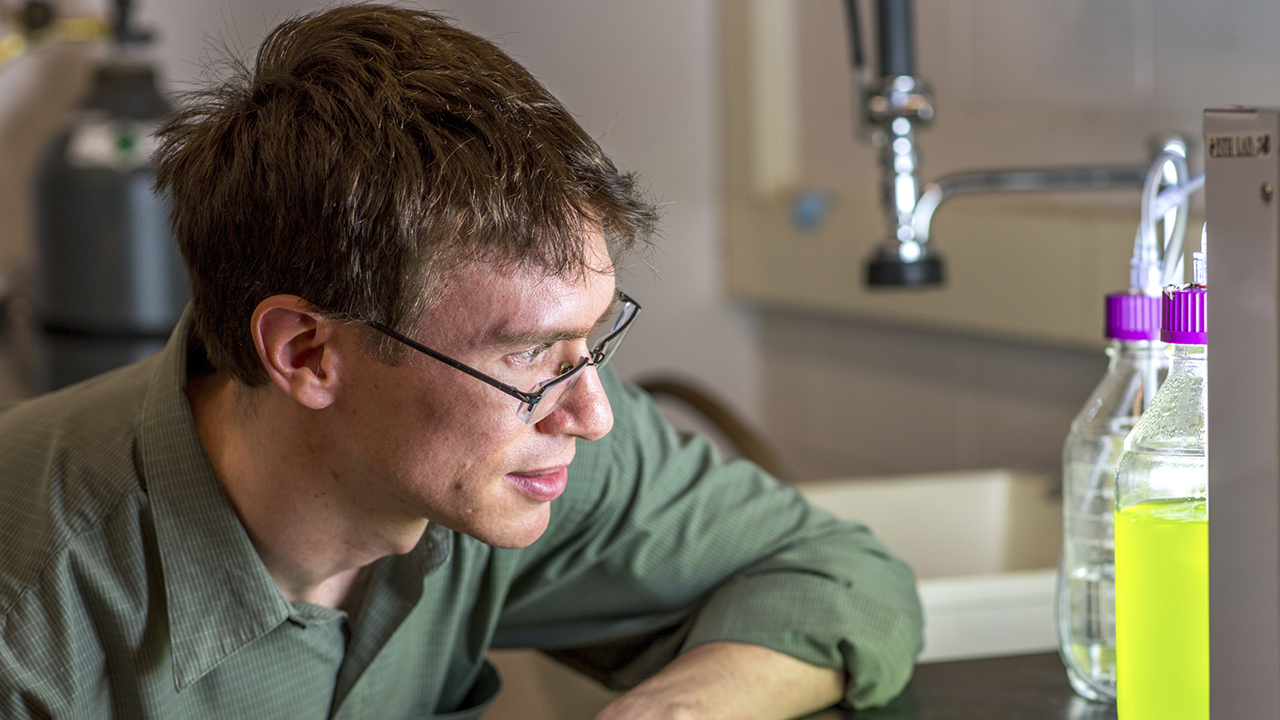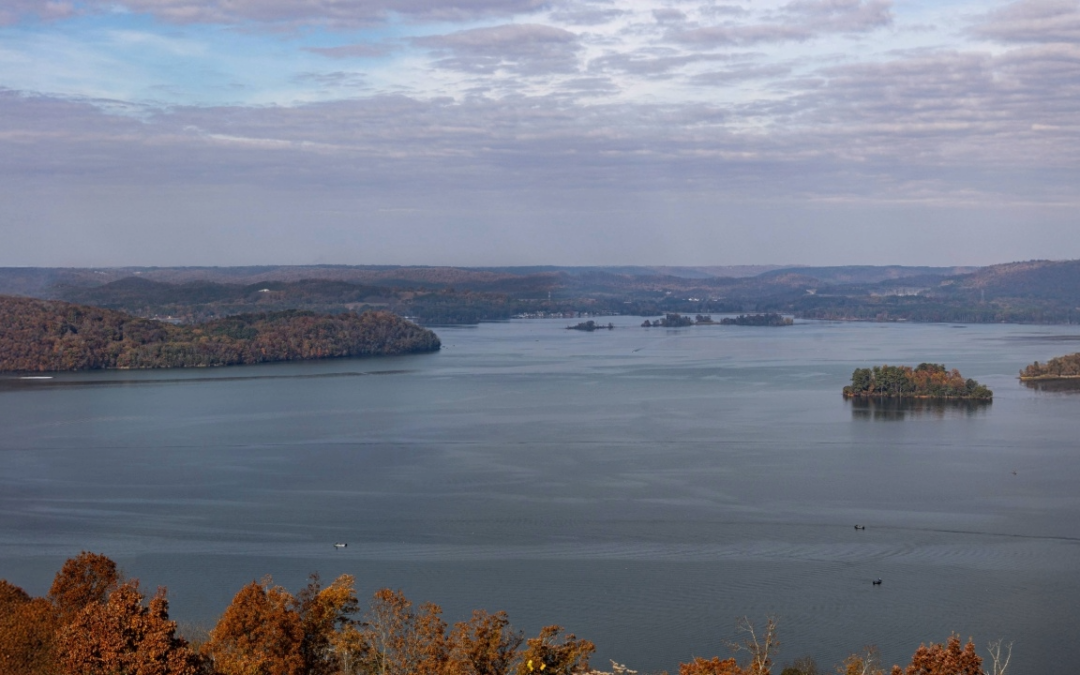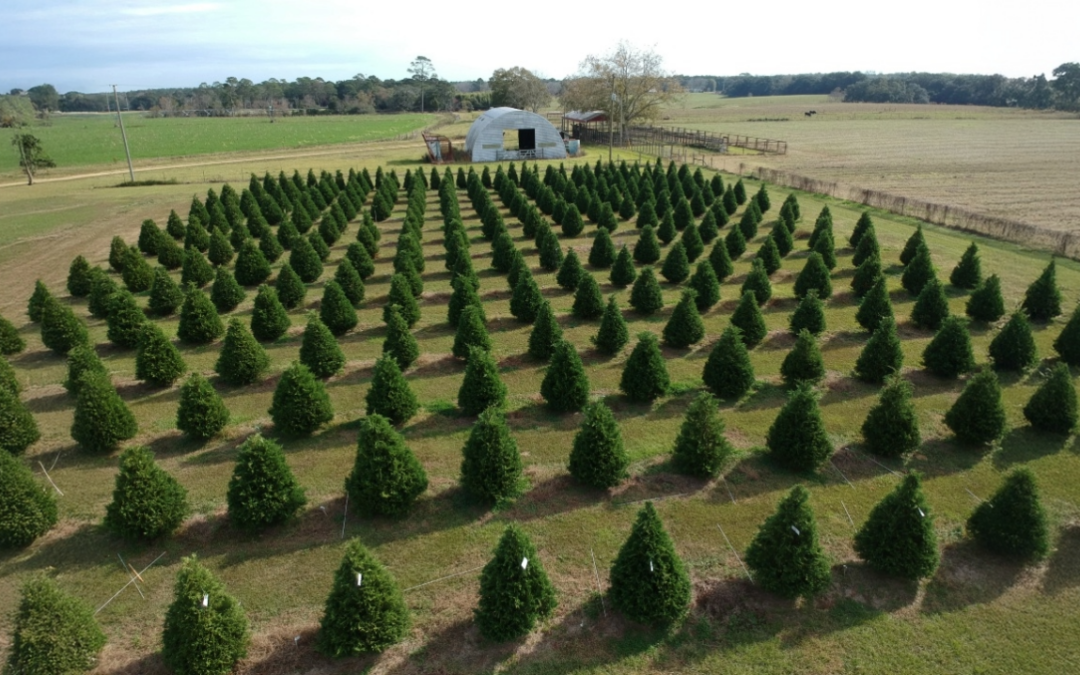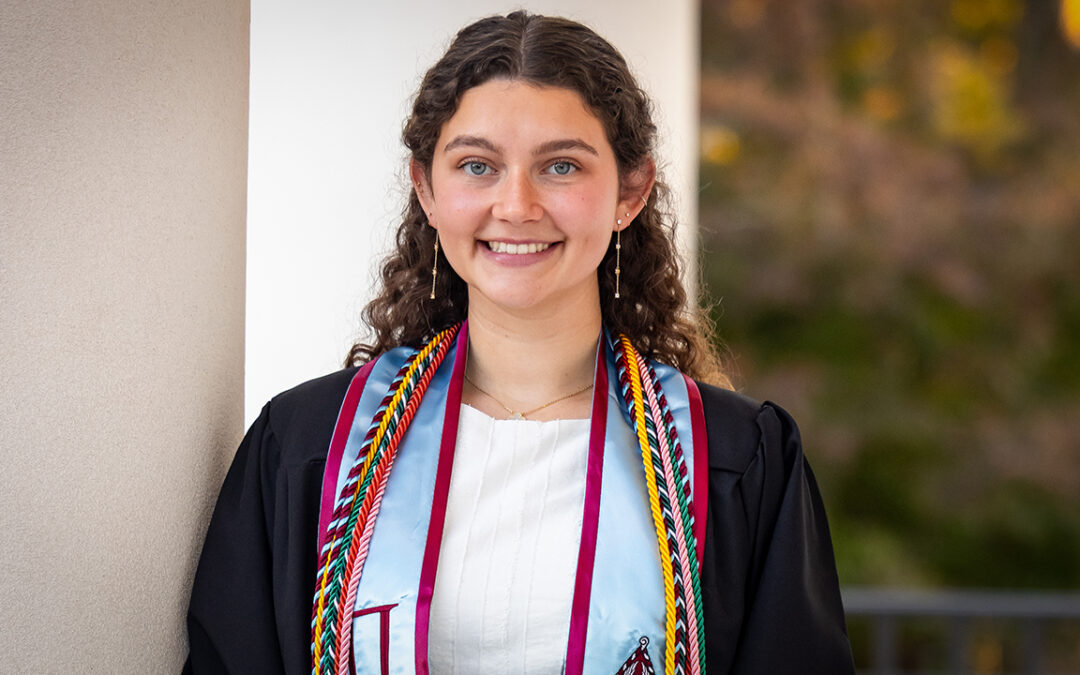By Jeremy Henderson / Jul 23, 2020 9:29:30 AM
Auburn University, Faculty, News
Brendan Higgins is doing his part to make sure nothing in this world goes to waste. Not even waste.
The USDA’s National Institute of Food and Agriculture recently funded the assistant professor of biosystems engineering’s four-year project aimed at developing a three-step process that will transform nutrients found in dairy and swine industry manure wastewater into protein-rich fish feed.
The total value of the project, titled “Development of a bacterial-algal-zooplankton process for conversion of agricultural waste into aquaculture feed,” is $434,659.
“I’ve been working on this research topic in one form or another since spring of 2017,” Higgins said, “so it feels great to get external funding to really grow this project.”
And he does mean grow.
“The first step is to grow a mixture of bacteria on the manure wastewater, which is essential because it removes chemical inhibitors found in the water that harm algae growth,” Higgins said. “We then grow algae on the water and these organisms use photosynthesis to convert the nutrient pollutants in the water into protein. We then feed the algae to Daphnia zooplankton.”
Daphnia are well-known in biology as indicators of aquatic toxicity.
“We are using special strains of Daphnia that grow very well on our wastewater-grown algae,” he said. “In fact, we have found that they grow better on our wastewater algae than they do on their normal algae feed, and Daphnia are valuable as a protein-rich fish feed.”
But Higgins’ research isn’t just good news for fish. It’s also good news for the environment.
“The U.S. dairy and swine industries produce huge amounts of liquid manure and they usually store it in large open pits or lagoons,” Higgins said. “The storage lagoons smell awesome, of course, and nearby communities complain about them all the time. They’re also a big problem when hurricanes hit because the lagoons overflow and spill into rivers and creeks and ultimately flow into the ocean.
“It is a huge public health and environmental problem and our system provides a possible solution.”
Two professors within the Auburn University College of Agriculture — Alan Wilson, a professor in the School of Fisheries, Aquaculture and Aquatic Sciences, and Rishi Prasad, assistant professor in the Department of Crop, Soil and Environmental Sciences — are co-PIs on the project.





